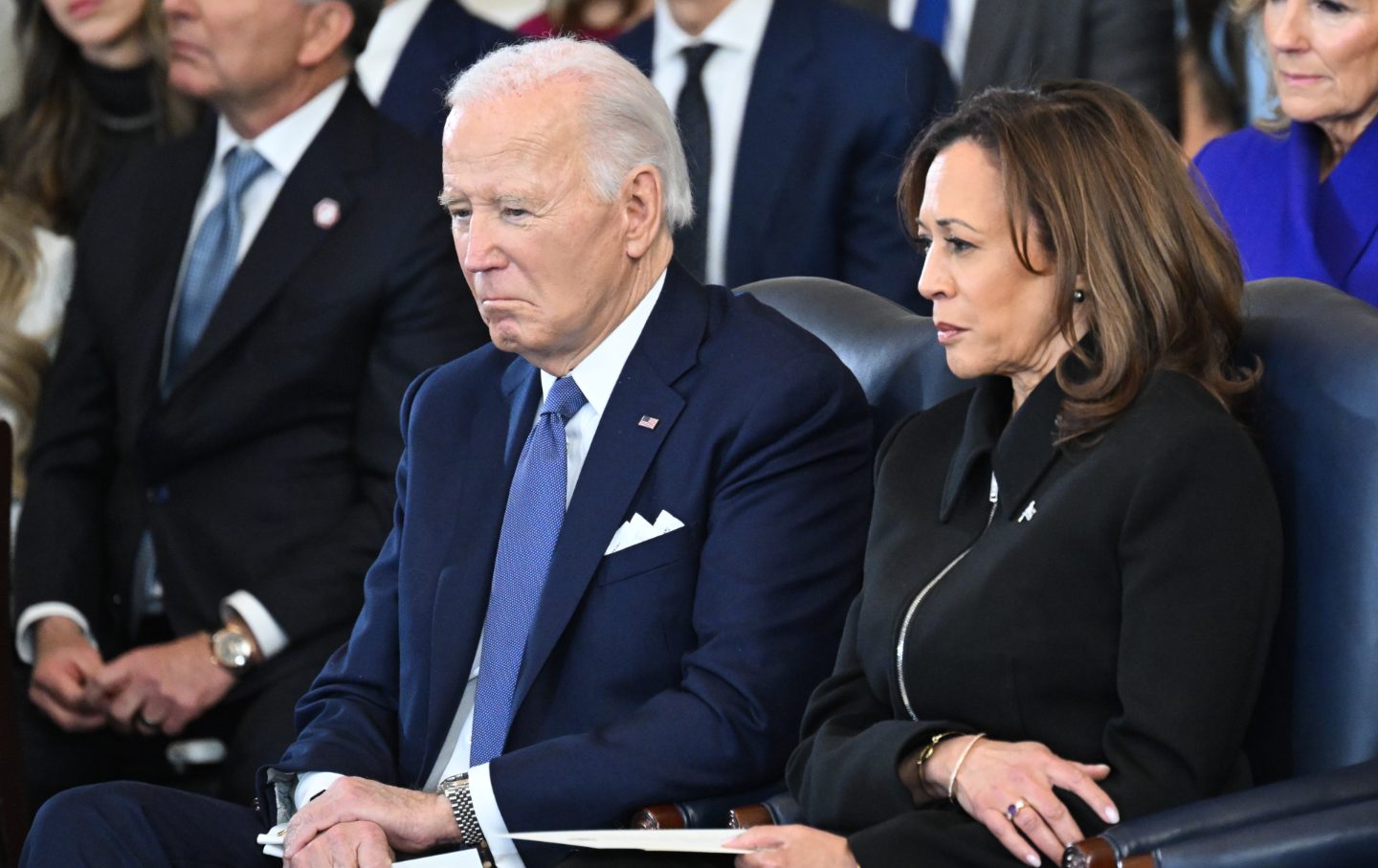Why Democrats Are Losing My Generation

```html
The Myth of the Democratic Youth Vote: Why Gen Z Turned Right
A Generational Shift, or Just History Repeating Itself?
The 2024 election delivered a gut punch to Democrats: a dramatic erosion of support among young voters. While Kamala Harris technically won the youngest demographic, her margin was the slimmest for a Democrat in decades. This shift, a stark departure from the reliable youth support enjoyed since the Bush era, cost the party dearly, jeopardizing congressional seats and shattering the narrative of a liberal youth guaranteeing a Democratic future.
The post-mortem has begun, with endless speculation about how to recapture the youth vote. Much of the focus has landed on social media strategies, often led by self-proclaimed "Gen Z experts" more interested in personal branding than insightful analysis. But this overlooks a crucial element: the actual historical trends of youth voting patterns.
The Fickle History of Young Voters
The popular narrative paints young voters as consistently liberal since the 1960s. This ignores the complex reality of fluctuating youth support for Democrats over the decades. From Jimmy Carter's outright loss of the youngest voters in 1976 to Reagan's landslide victory with 18-to-24-year-olds in 1984, and the depolarized youth vote of 2000 where Al Gore's strongest support came from the Greatest Generation, the historical record reveals a far more nuanced picture.
The period between the Vietnam era and the George W. Bush presidency saw minimal age polarization compared to the years that followed. The recent shift, while significant, isn't unprecedented. Understanding this historical context is paramount, as it suggests that the volatility of the youth vote is a recurring pattern, not a singular anomaly driven solely by recent events like the pandemic or the rise of figures like Joe Rogan.
The Bush Effect and the Rise of Obama
The Democratic dominance of the youth vote in the 2000s can be largely attributed to George W. Bush. His economic policies alienated young voters in 2004, paving the way for Obama’s landslide victory in 2008. This wasn't just about Obama's charisma; it was a response to the Bush years, with young voters embracing government intervention, opposing the Iraq War, and identifying as more liberal than previous generations.
Obama’s success was further solidified by the demographic shift towards a more diverse youth electorate. Yet, Democrats seemingly failed to capitalize on this shift, opting for more centrist candidates like Hillary Clinton and Joe Biden, who both faced significant primary challenges from the economically focused Bernie Sanders, highlighting a disconnect with the party's progressive youth base.
The Biden Disappointment and the Return of Trump
The Biden era brought a new reality for Gen Z. For the first time in their lives, they experienced a Democratic presidency marked by declining living standards and a flailing economy. Simultaneously, retrospective views of Trump's presidency softened, creating a starkly different political landscape for this cohort. With their limited frame of reference, young voters, disillusioned by Biden's performance, swung back towards Trump.
Beyond Biden: Debunking the Myths
While factors like school lockdowns and the so-called "new media" are often cited as reasons for Gen Z's rightward shift, the evidence doesn't fully support these claims. The impact of COVID, while significant, doesn't entirely explain the political shift, and the focus on new media overlooks the fact that Biden's 2024 outreach efforts simply failed to resonate, suggesting a deeper issue with the substance of his policies rather than the medium of communication.
The Path Forward for Democrats
To regain the trust of young voters, Democrats need to move past superficial solutions and address the underlying issues that led to their disillusionment. They need to acknowledge the failures of the Biden administration, offer concrete solutions to economic anxieties, and embrace a more progressive agenda that aligns with the values of a younger generation. Simply put, they need to earn back the trust they lost, not through gimmicks, but by demonstrating a genuine commitment to the concerns of Gen Z.